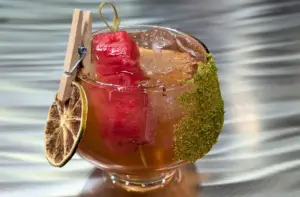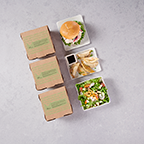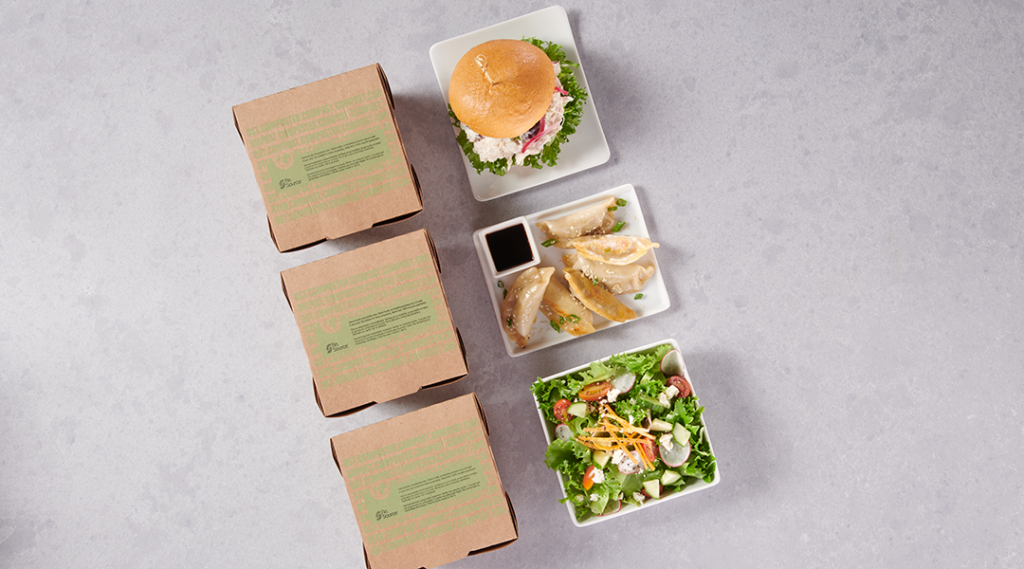Operators have more options for building a business than ever before.
The restaurant business once was clear and direct. You opened an eatery, offered great food and service, and used your success to expand. That still works, but it’s not the only way to grow. Think of restaurant evolution like a wheel with spokes, where each spoke represents a different potential avenue of growth.
Spokes for coming to market or expanding include limited-service restaurants, full-service restaurants, food trucks, food halls, ghost kitchens, pop-ups and whatever else some entrepreneur dreams up.
Here’s a glance at some spokes, all of which are affected by consumer preferences in your market and financial considerations in your business model.
LSRs and FSRs
Limited-service (LSR) and full-service restaurants (FSR) remain relevant, but they’re evolving—think Cracker Barrel and their Holler & Dash stores, which have been described as “Cracker Barrel for millennials.” Other operators are combining LSR and FSR operations in the same store, one during the day and one at night, or on different days.
Food trucks
Food trucks allow operators to grow sales and/or test new markets. Trucks allow menu and location flexibility. But cultivating regular customers is harder and there are equipment, maintenance, insurance and permit considerations.
Food halls
A food hall is a collection of counters at one location, offering a range of cuisines in a food-court setting. They’re a big-city thing right now, driven in part by high rents. Sharing the cost of space with other operators can significantly reduce expenses.
Ghost kitchens
A ghost kitchen is configured for delivery only. There is only a back of house. Customers place orders digitally, typically through a third-party delivery service, and the food is transported to them. Startup and maintenance costs are relatively low and chef independence is high–but lack of visibility may hinder the ability to create a strong brand.
Pop-ups
These restaurants “pop up” from nowhere, often at an unusual venue or in a private residence. They don’t require a long-term investment. They let chefs innovate and experiment, and their novelty can command premium prices from diners.

























